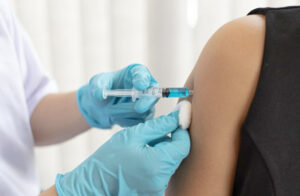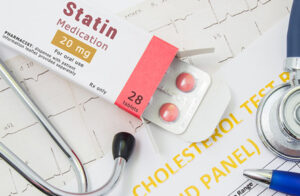› Medical Services
Preventative Care
Why is preventative screening important?
Preventative screening for common health issues should be conducted yearly to avoid developing more serious problems later. Your doctor may order routine health screenings in order to detect abnormalities and treat them effectively. Talk to your doctor today to discuss which preventative screenings you may be due for.Medication Management
› For diabetes, hypertension, and cholesterol › Ages 18 and older › You may be prescribed a medication for any of the above mentioned. Ask your provider about a 100 day supply or mail order, which will help to increase your yearly adherence rate as well as fewer trips to the pharmacy. Taking your medications as prescribed can help reduce health complications.Talk to your doctor regularly
› Don’t put your health needs on hold. › Always remember to discuss the following with your doctor: Flu Shot, Mental/Physical Health, Bladder Control, and Balance/Falls. › Video and phone visits are a convenient way to have a virtual visit with your doctor. To make an in-person or online appointment, call your primary care doctor’s office.Common Screenings
Colorectal Cancer
- Ages 50–75
- Any colorectal screening can be used for the early detection of cancer.
- Fecal Immunochemical test (FIT): Every year
- FIT- DNA: Every three years
- Sigmoidoscopy: Every five years
- Colonoscopy: Every 10 years
Osteoporosis
Women with a fracture ages 67–85
If you have suffered a fracture, you should have either a bone density test performed or be prescribed a drug to treat osteoporosis within six months of the fracture (except fractures of a finger, toe, face, or skull).
Cervical Cancer
- Women ages 21–64
- Women between the ages of 21–29 should be screened every three years and those between the ages of 30–64 should be screened every five years for early detection of cervical cancer.
Breast Cancer
- Women ages 50–74
- Screening mammography is used for the early detection of breast cancer and should be done every two years.
Mammograms
- Women Ages 40–74
- Regular mammograms are essential for the early detection of breast cancer.
- Every 1–2 years: Routine mammograms are recommended based on your risk factors and doctor’s guidance.
Additional Recommendations:
- Women at higher risk (e.g., family history of breast cancer or genetic predisposition) may need earlier or more frequent screening.
- Discuss with your healthcare provider to determine the most appropriate screening plan for you.
Diabetic Care
Blood Sugar Control
› Ages 18–75
› A HbA1c test should be performed each year. Targeted HbA1c range is below 9.0%. If it is higher than 9.0%, this test should be repeated quarterly.
Kidney Disease Monitoring
› Ages 18–75
› A urine test for protein or albumin should be
done yearly.
Eye Exam
› Ages 18–75
› A retinal or dilated eye exam should be done by an eye care professional to check for damage from diabetes. If retinopathy is detected, a yearly exam should be performed. If no retinopathy is detected, an exam should be performed every two years.
Additional Preventative Measures

Flu shot
All ages The best way to protect against influenza is to get vaccinated each year.

Blood Pressure Control
If you have been diagnosed with hypertension, your blood pressure should be checked yearly. Targeted range is below 140/90.

Statin Therapy
For cardiovascular disease: Males 21–75 Females 40–75 For Diabetes: all patients ages 40–75 *A Statin medication may be prescribed by your provider to help reduce the risk of cardiovascular events.
› To view a list of our locations and hours, please click here.
